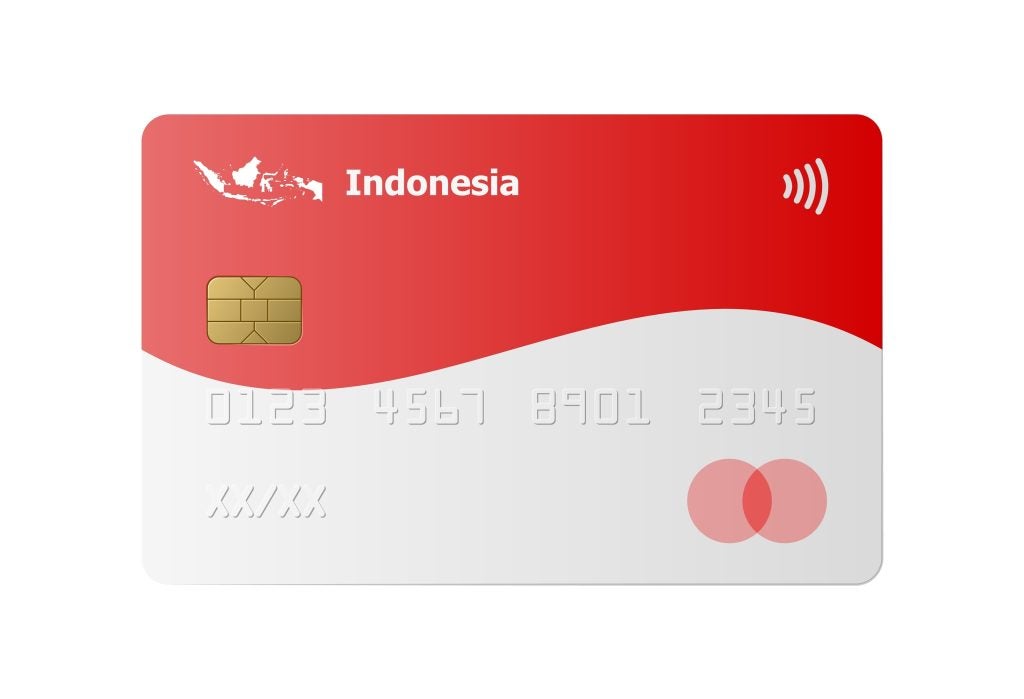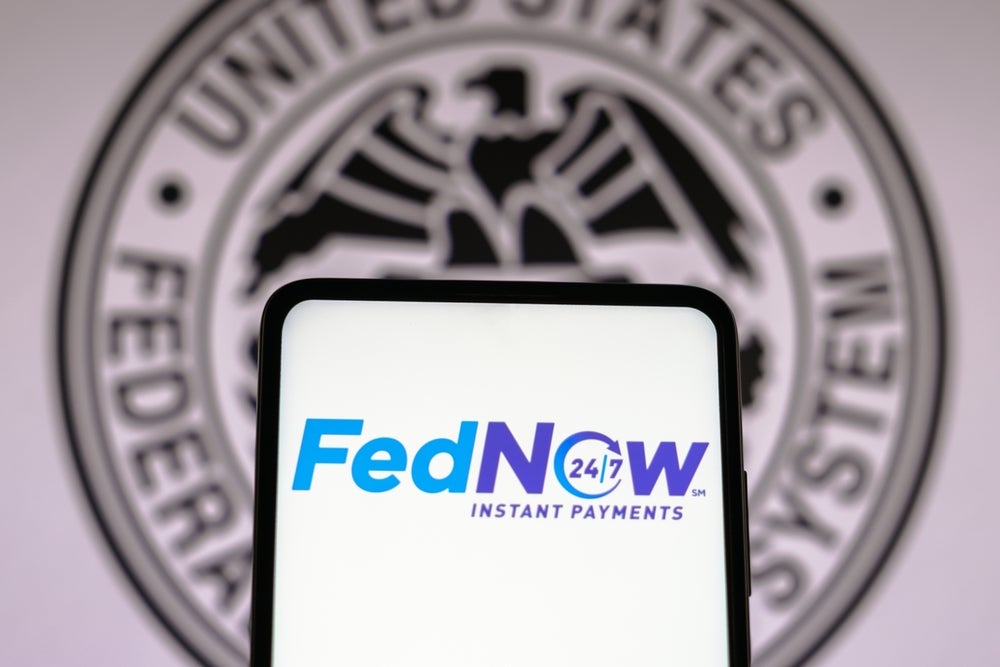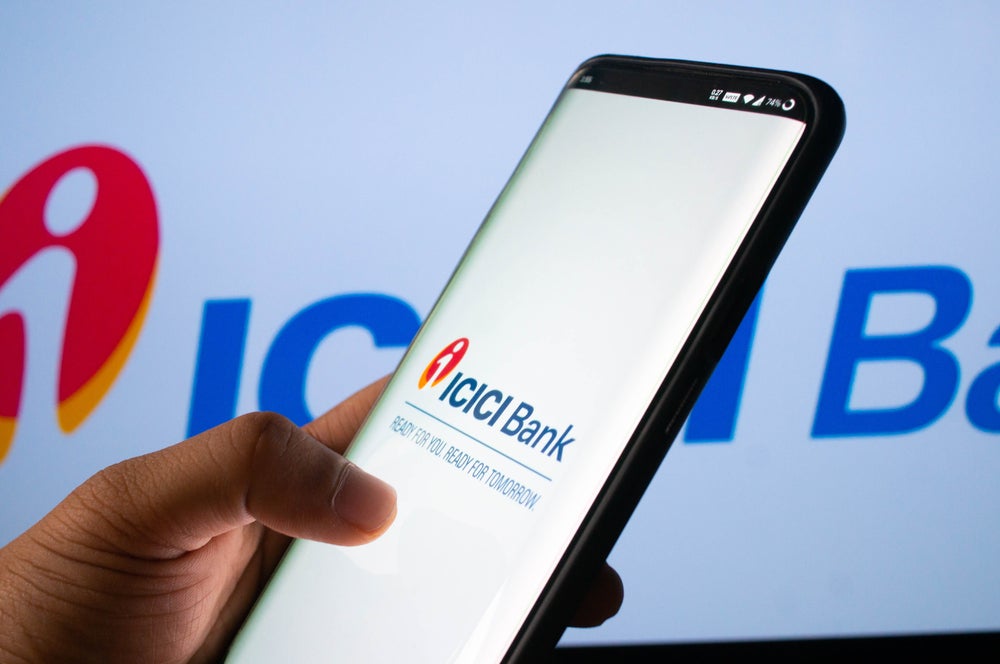Brazil’s first commercial NFC mobile payment application will
commence in May.
The electronic wallet has been developed by the Nokia Institute of
Technology (INdT) in Brazil, and will be available on Nokia’s C7,
N9 and 701 smartphones, the Finnish company told Electronic
Payments International.
The solution will be offered in partnership
with Pagseguro, a payments company that belongs to UOL, one of
Brazil’s largest internet service providers.
The app enables both retail payments – at
bars, restaurants and stores – as well as proximity-based money
transfer between users.
Instead of a POS, the Nokia-Pagseguro service
requires both merchant and consumer to have a handset with the
same application installed.
“The money will be withdrawn automatically
from a credit card account, a PayPal account or from any of the
other supported payment types”, said Nokia.
How well do you really know your competitors?
Access the most comprehensive Company Profiles on the market, powered by GlobalData. Save hours of research. Gain competitive edge.

Thank you!
Your download email will arrive shortly
Not ready to buy yet? Download a free sample
We are confident about the unique quality of our Company Profiles. However, we want you to make the most beneficial decision for your business, so we offer a free sample that you can download by submitting the below form
By GlobalDataMobile commerce specialist David Eads, founder
of Mobile Strategy Partners LLC, is optimistic about the future of
m-payments in Brazil and complimented the Nokia initiative in the
country.
“The PagSeguro pilot is interesting because it
ties P2P technology to the leading payment products in Brazil. This
enables broad payment acceptance from anyone with the application.
Unlike other pilots, it also removes the complication of merchant
POS hardware,” says Eads.
“Closed networks like these with economic
incentives have a history of succeeding in various emerging
markets. For example, BlackBerry Instant Messenger (BBM) thrives in
Venezuela because it avoids text messaging fees. Usage exploded
because of the network effect once it reached critical mass,” he
points out.
He says the economic boom that the Latin
American markets are experiencing provides a rich ground for the
mobile payments market to grow.
He estimates that there are between 30-40% of
consumers across Latin America who are underserved by banks – and
this is where mobile money initiatives can generate revenues by
serving this segment, he says.
Security
Pagseguro says that rather than being
completely automated, the Nokia app will always request the user to
enter a passcode before each individual transaction.
“So, in case the handset is lost or stolen,
nobody will be able to make payments in the user’s name,” the
company explains on its website.
“The recipient types in the amount they are to
collect and taps their phone against that of the sender. The amount
is shown on the sender’s screen and the transaction can be
completed, when both parties agree”, Nokia says.
According to Pagseguro, the extension of the
service to other brands will depend on phone makers adapting their
handsets to the NFC technology. Nokia sells three NFC enabled
models in Brazil: N9, 701 and C7.
Regulation
“The Central Bank of Brazil (BCB) and the
Brazilian Communications Ministry are discussing the regulatory
aspects of financial inclusion and the security requirements mobile
payments in the country,” Aldo Mendes, head of monetary policy for
BCB said during Cards 2012 in Sao Paulo in mid-April.
“Mobile ppayment is a global trend with
potential to bring sensible benefits to society, with reduction in
costs and price, better convenience to users, and improvement of
the service standards through the increase of competition.”
“The costs to bring people into the financial
system through mobile payments are much lower than expanding the
number of bank branches and other solutions that need physical
investment in infrastructure, people and other technologies,”
Mendes said.
An official outline for the Brazilian mobile
payments regulation might be announced in about 90 days.
The Brazilian mobile payments regulation will
also guarantee the universality of the service, imposing rules that
prevent barriers to new entries, according to Mendes.
Banks and mobile operators will be free to
enter the market.
Business models will have to permit
interoperability “to allow different platforms to communicate
amongst each other”, so that different models do not represent a
barrier to business,” explained Mendes.
He added that the coming regulation will also
ensure:
- Adaptability, so that “new technologies allow the current
payment modalities to co-exist with m-payments”; - That contracts and technologies for m-payments in Latin
America’s largest country will have the flexibility to allow users
to migrate to different operators and handset makers; - The prevention of money laundering and protection of consumers’
rights.







